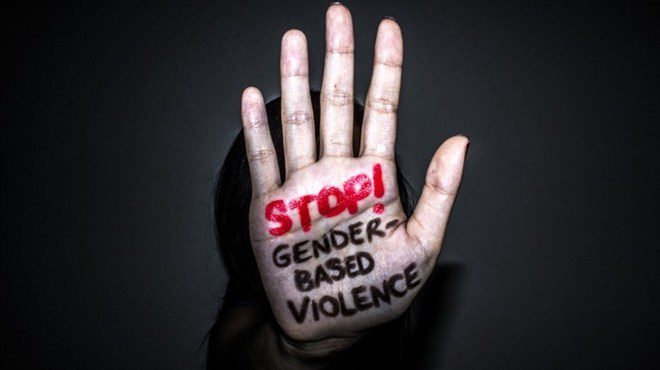The University of Limpopo has suspended a male student due to an alleged attempted rape of a female student on campus.
Victor Kgomoeswana, University of Limpopo spokesperson, confirmed that the student was suspended on Monday and that the suspension will remain in place while the university conducts a full investigation and disciplinary process.
“As a student-centred institution, the university prioritises the safety, dignity, and wellbeing of all its students. Allegations of gender-based violence (GBV) are treated with the utmost seriousness,” said Kgomoeswana.
Case registered with police
He said the university had no tolerance for any form of violence. It is committed to creating a safe, inclusive, and supportive environment for learning and work.
He confirmed to Sunday World that a case has been registered with the police. And also that a formal investigation will take place. The disciplinary procedure will follow in line with institutional policies, he added.
Kgomoeswana said support services are being made available to assist the affected student. This includes psychosocial support through the Student Counselling and Development Centre, and advocacy from the University’s Gender Desk.
“These structures are central to the UL’s broader commitment to student wellbeing and gender justice.
“The university strongly condemns all acts of violence. It remains steadfast in its commitment to protecting the rights and welfare of all members of the university community,” said Kgomoeswana.
Anti-rape campaign
The university also has an anti-rape campaign where physical, psychological, and behavioural symptoms are highlighted.
This campaign also highlighted that one in four university or Technikon women are raped.
“Rape is a serious crime of violence committed when a person you know/unknown forces you to have sex against your will. Rape can happen to any person, whether a woman or man of any age,” reads the campaign document.
Sunday World previously reported that Commission for Gender Equality (CGE) head of research and policy, Naledi Selebano, told the Portfolio Committee on Higher Education that there are more cases of sexual harassment taking place in South Africa’s higher learning institutions than what is officially reported.
GBV prevalence at tertiary institutions
She said that while policies and measures exist in many universities, sexual harassment continues to increase. And this is supported by the silence and underreporting of these cases.
“We undertook this study to investigate measures that are put in place to address sexual harassment in higher education institutions. But also to assess the adequacy of these interventions in tackling sexual harassment. Specifically in students in these institutions,” said Selebano.



